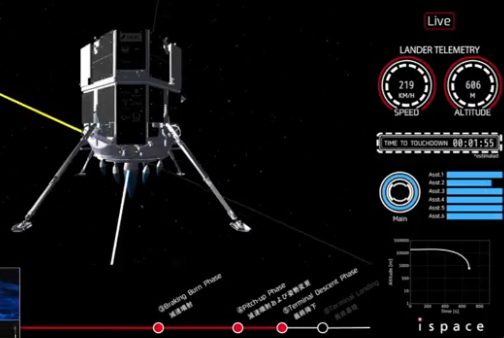A new Russian military communications satellite called Luch (Olymp) was launched at 2023 GMT on 27 September 2014 by a Proton M launch vehicle. The satellite, which was built by ISS Reshetnev using the OLIMP-K (11K166) bus, will operate from a position of 167 degrees East in Geostationary Earth Orbit (GEO). Russian press reports indicate that the satellite may also be used by the Russian FSB for espionage purposes.
The flight of the Proton M marked its return to service after a long hiatus following the launch failure on 15 May 2014. On that flight, the Express AM-4R was lost in a launch failure. An investigation found that the root cause was found to be the loss of structural integrity of a “bolted interface that attaches the Stage 3 steering engine (RD-0214) turbopump to the main engine (RD-0213) structural frame.” In other words there was a loose bolt which had not been tightened properly and poor workmanship/quality control was to blame.
This, in turn, caused excessive vibration on the turbopump assembly of the steering engine leading to damage of the fuel inlet line to the gas generator. The subsequent fuel leak and loss of pressure led to the shutdown of the RD-0214 engine which caused the third stage to continue flying without any means of control, quickly exceeding the allowed attitude deviation and shutting down the RD-0213 main engine. As a result of the shutdown, 40 seconds before the planned cut-off target, the vehicle and its satellite payload was left on a sub-orbital trajectory, tumbling back towards Earth. The failure resulted in an insurance payout of US$217 million.
Corrective measures identified by the investigation board include more stringent quality control and additional inspections of existing hardware to ensure no flaws are introduced in the bolted turbopump interface in the future. The oversight board set up by International Launch Services (ILS), the commercial marketing firm for Proton, agrees with the conclusions. It hopes to restart fully commercial launches later in the year.






